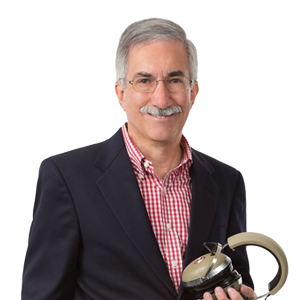Recently, we wrote about the FCC’s proposed changes in FM translator rules. Now comes word that the Prometheus Radio Project is petitioning the FCC for a stay of these changes, claiming the new rule will negatively impact Low Power FM stations. But Womble Carlyle Telecom attorney John Garziglia said those fears are unfounded and that the FCC should proceed with the rule change as planned.
Effective April 10, the new FCC rule says an AM station’s FM translator can be located:
- So that it’s dBμ (service area) contour is contained within the AM station’s 2 mV/m contour or
- The dBμ contour may be contained within a 25-mile radius from the FM translator site.
The current rule, which will be replaced by the rule taking effect April 10th, stated that FM translators had to comply with both of those contour tests.
But just days before the rule is scheduled to take effect, the Prometheus Radio Project, which represents LPFM stations, petitioned the FCC to hold off on implementation. Prometheus says that smaller stations and their listeners “will suffer immediate and irreparable harm in the absence of a stay.”
Prometheus says that a flood of translator applications will “box in or short-space” the ability of LPFM stations to relocate within their communities. And if these stations lose their transmitter location, they may be forced to shut down, according to the Prometheus petition to the FCC.
However, Garziglia writes in Radio Ink that the notion that LPFMs will suffer is “wholly conjectural.”
He writes in Radio Ink that the Prometheus complaint is based on the removal of a previously-proposed 40-mile limitation from the final FCC rule. But such a limitation only would affect the most powerful AM stations, Garziglia said, and its absence will not have a major impact on LPFM stations.
“In fact, it is unlikely that there will be even several dozen AM stations on April 10th proposing to extend their FM translator’s 60 dBμ contour further than 40 miles from the AM transmitter site,” he said.
He also takes issue with Prometheus downplaying the community service function that commercial radio stations provide.
“While there are no doubt exemplary LPFM stations, it is slander to suggest that commercial radio stations do not serve their communities,” Garziglia said.
John Garziglia represents radio and television broadcasters, offering personalized assistance in all areas of communications and telecommunications law including transactional and contract negotiations for broadcast station mergers and acquisitions, the securing of financing, governmental auctions of new frequencies, license renewals, new stations applications, facility changes, facility upgrades, licensing, and compliance with FCC rules, regulations and policies.
Follow John Garziglia on Twitter at @JohnGarziglia.





